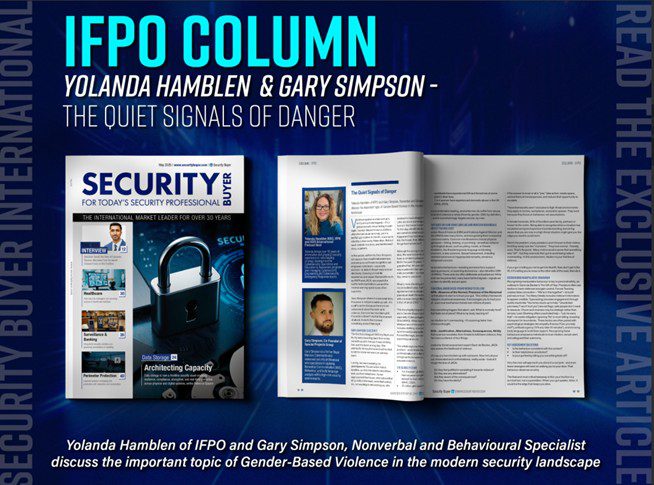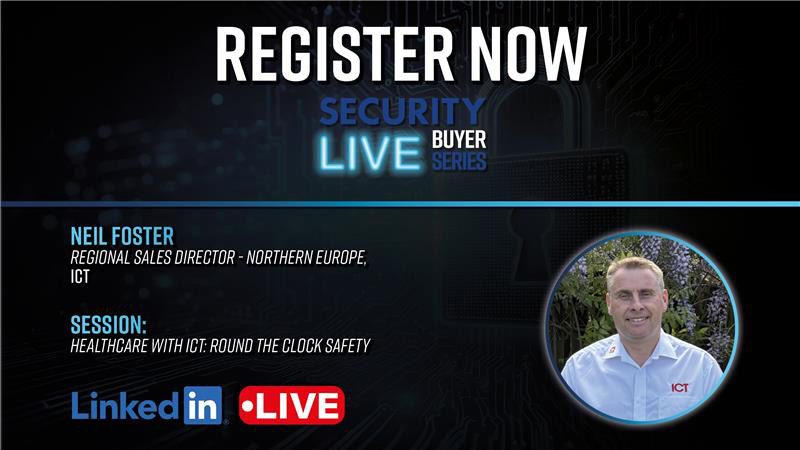Nick Kochan: Buyer beware in the private investigation industry
Following the exposure of Christopher Steele, the man known for working up the dirty dossier on President Donald Trump, Security News Desk contributor Nick Kochan ponders the pitfalls of hiring a private investigator.
Private espionage is undoubtedly a booming business. It is also one that we hear little about, until a private eye comes out the woodwork that is. Then the media are up in arms and investigations of the private investigators are all the rage until another ‘spooky’, and perhaps more exciting, topic diverts their interest.
The latest private eye to gain notoriety or esteem, if you prefer, is Christopher Steele, the founder of Orbis Investigations who produced the dossier on Donald Trump’s private sexual habits that casts a lurid light, for sure on the personality of the new US President. Steele is known as a professional investigator, having learnt his trade in MI6, and the document he produced, which is readily available online, is a fine piece of analysis. That is quite apart from the sensational, and completely credible, to my mind, revelation concerning the Moscow hotel room.
Steele necessarily had a client –invariably the case in the private sector where someone must pay for the gumshoe’s time – and in this case it was a group linked to the Democratic party. This group had worked with an American journalist who sells his services as a researcher to private clients. He had been trained on one of America’s foremost publications. One supporter of Steele was no less than a former British ambassador to Moscow. Steele was playing with fire and duly got burned. He is now reported to be in hiding.
The point I am making is that there is a risk in hiring an investigator, however attractive it might be to have covert and exclusive information about a competitor, a rogue employee, a politician or official, or a member of your family. When companies take on a private investigator, they typically do it through a law firm, and the law firm does it through an agency and the agency recruits the investigator, who is a subcontractor who the ultimate client can deny in the event that it is uncovered.
Just occasionally, that deniability gets harder to sustain. The private investigator is supposed to operate below the radar, away from the spotlight. And mostly they do. This is a thriving industry, stimulated by increasingly available information, and there are growing numbers of investigators. It is not unknown for investigators to investigate each other in a bitter dispute between companies when having an investigator is a crucial part of your defensive or offensive arsenal.
As you can see from this description of the market, the risk that your private investigator will be made public is growing exponentially. Steele was of course operating in a highly visible—not to say volatile – area. It may also be true that he had ceased to be answerable to a client and was prepared to throw caution to the wind in pursuit of his political interest.
But he was breaking the golden rule of the private investigation industry. Unlike in the public universe of spying, there is no loyalty to anyone other than the person who pays the bills. He calls the shots. When the rules of the state agency and the private agency conflict, the agent is making a grave into which he is likely to fall, rather painfully. Clients beware!
[su_button url=”https://www.securitynewsdesk.com/” target=”blank” background=”#df2027″ color=”#ffffff” size=”10″ radius=”20″ icon=”icon: arrow-circle-right”]For more articles from Security News Desk 24, click here[/su_button]























